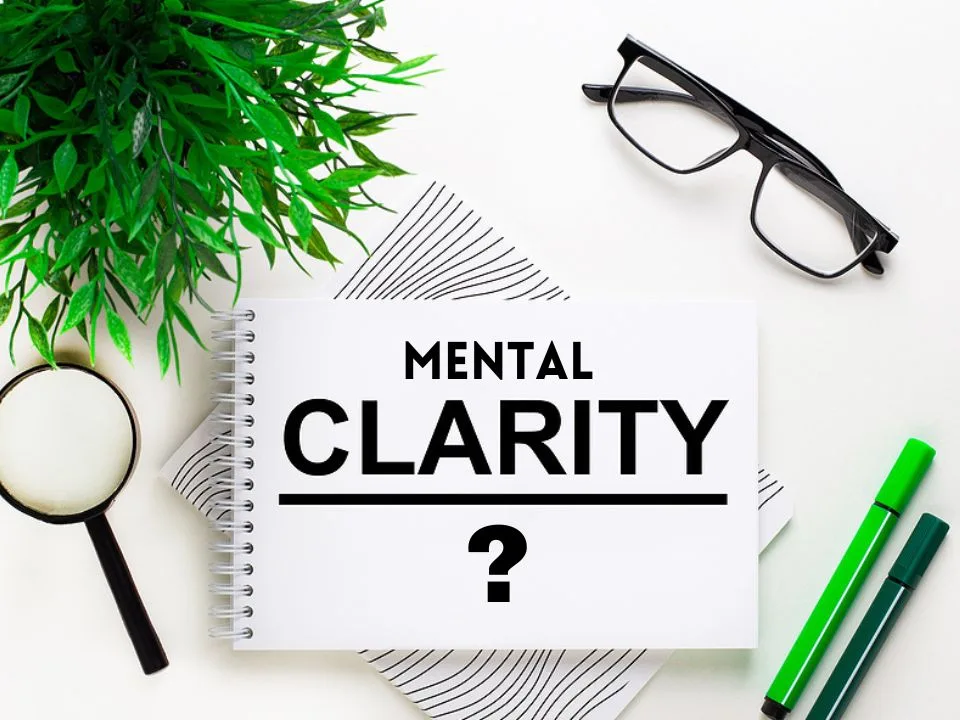
Mental clarity, characterized by sharp memory recall, quick thinking, and unclouded judgment, is indispensable for navigating daily challenges and maintaining productivity.
However, achieving and sustaining mental clarity can be elusive amidst life’s fluctuations and stressors. Recognizing the signs of waning mental clarity is essential for fostering a balanced and engaged lifestyle.
Understanding Mental Clarity

Mental clarity encapsulates a state of heightened cognitive function, wherein the mind operates at its optimal capacity. Unfortunately, it is not a default state for many individuals, as external stressors and internal anxieties often impede mental acuity. Cultivating mental clarity involves nurturing the mind to overcome obstacles and perform efficiently.
Identifying Signs Of Mental Clarity Deficiency

Image via Insideout Mastery
While not a medical condition per se, a lack of mental clarity manifests through various symptoms that signal cognitive impairment. Recognizing these indicators is crucial for addressing underlying issues and restoring mental wellness.
1. Difficulty In Concentration
Struggling to maintain focus on tasks or topics indicates a decline in mental clarity. Concentration, a hallmark of cognitive fitness, becomes arduous when mental clarity is compromised. Observing the effort required for sustained focus provides insight into one’s current cognitive state.
2. Foggy Thinking
Feeling mentally sluggish or experiencing a lack of mental sharpness can make it difficult to think clearly or process information. It may feel like your thoughts are cloudy or muddled, hindering your ability to think critically or make decisions.
3. Physical & Mental Fatigue
Depleted mental energy often mirrors physical exhaustion, suggesting a deficiency in mental clarity. Persistent fatigue following routine activities signifies the need for rejuvenation and behavioral adjustments to enhance cognitive vitality.
4. Waning Interest & Motivation
A diminished zeal for activities once enjoyed signifies a loss of mental clarity. Declining motivation reflects the mind’s longing for revitalization, prompting individuals to reassess their routines and priorities to reignite passion and engagement.
5. Poor Decision-Making
Difficulty making decisions or weighing options logically can indicate a lack of mental clarity. You might find yourself making impulsive choices or struggling to see the consequences of your actions clearly.
6. Memory Impairment
Poor memory recall serves as a red flag for compromised mental clarity. In contrast, robust memory retention is indicative of optimal cognitive performance. Monitoring memory proficiency offers valuable insights into one’s mental clarity status.
Mental clarity is a foundational element of cognitive health and productivity. By recognizing signs of mental clarity deficiency, individuals can cultivate a resilient mind capable of navigating life’s complexities with clarity and purpose. Prioritizing mental wellness empowers individuals to unlock their full potential and lead fulfilling lives characterized by cognitive vitality and engagement.










